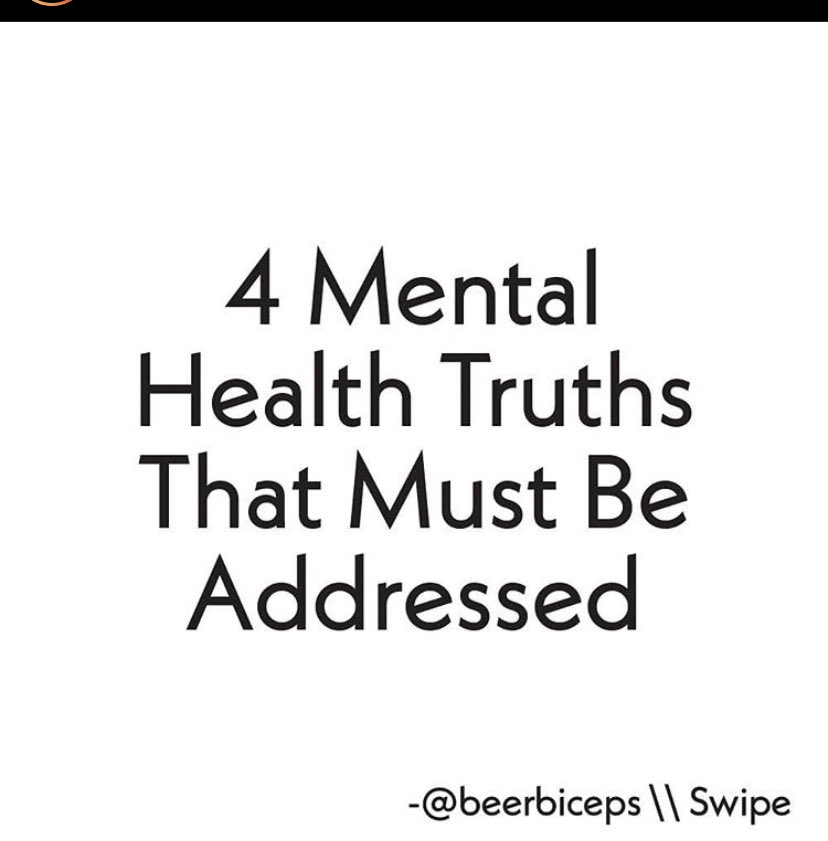
Post covid mental health observations from a clinician & from someone who had it 2 months ago: I feel like there is a lot that's getting missed 'cause we're perpetually stressed but there are some observations I've made with those who made a full recovery-irrespective of severity
Emotional lulls - so many unexplained emotional lulls. The best way for me to describe an emotional lull is disinterest in activities but also in socialising,communication fatigue, feeling blank in the head or overstimulation, random mood episodes. Someone called it a 'funk'.
Difficulty maintaining focus, a sense of heaviness while waking up in the morning, difficulty with falling asleep or sleeping a lot. Having a mix of good emotional days and then terrible days and feeling confused about why this is happening.
It seems like a dragged exhaustion that went from physical to emotional & has fully enmeshed.Random memories from the past coming up,circumstantial distress feeling more draining than usual; like a wave of exhaustion that never left but patients taught themselves to survive.
Yes, a lot of this could be general pandemic induced stress too; but my observation is from looking at people pre and post covid, especially in the second wave. Their psychological health has taken a sharp dip post recovery and the only variable is that they had COVID.
So symptomatic,asymptomatic,irrespective of severity,if you know someone who recovered in the last couple of months & have noticed behavioural changes, please try & be patient with them. It doesn't make sense to you or to them.For eg: reading texts from people is tough for me now
Could be anything - they aren't responding to texts,not completing work,look like they don't enjoy things,crying randomly,feeling numb,not communicating etc.Anything that seems atypical to who they are. Please try to be kind in how you communicate & factor in post COVID recovery.
• • •
Missing some Tweet in this thread? You can try to
force a refresh





